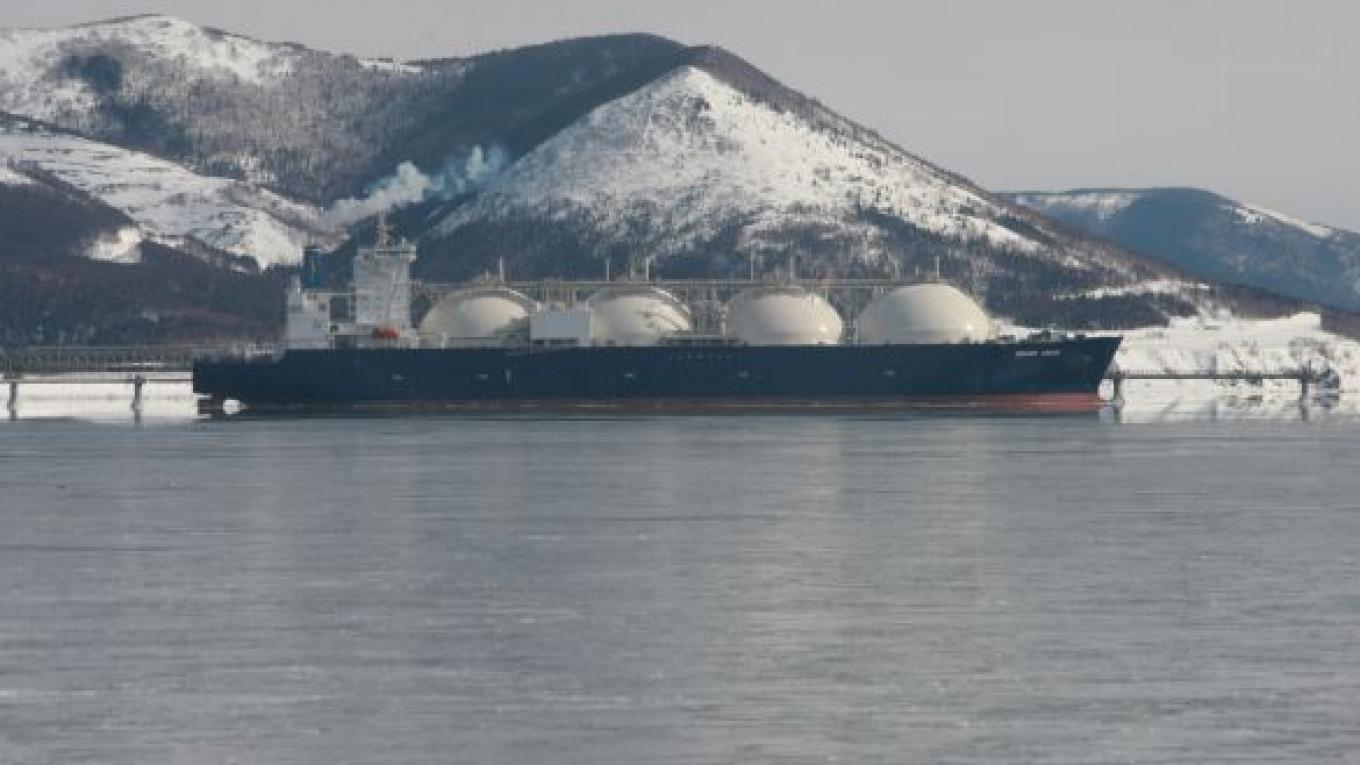U.S. liquefied natural gas by the end of the decade is likely to challenge Russian gas for market share in Europe as the region becomes increasingly dependent on imports, ConocoPhillips' head of LNG trading said.
A surge in production worldwide, driven by new projects in the U.S., Australia, East Africa, Russia and Canada, could double LNG output to 600 million tons annually from 2018 and provide ample new supply to global markets, industry estimates suggest.
Kicking off the export growth, after years of stagnating supply, will be Exxon Mobil's Papau New Guinea LNG plant in the third quarter of this year, followed by BG Group's Queensland Curtis project in Australia by year-end.
Most new Australian and East Africa supplies are expected to reach Asia to fill demand, while significant output from the U.S. and elsewhere is expected to arrive at European terminals.
"We believe that the European gas market will be a balancing market for global gas," Birger Balteskard, global LNG marketing manager at ConocoPhillips, told the International Petroleum Week industry conference.
Balteskard said Europe's dependence on gas imports will grow as its domestic fields age and that America's proposed LNG export terminals will help meet that need.
"There is a potential large gap between demand and supply into Europe. We think by 2025 that will be as much as 25 [billion cubic feet] a day, which is significant," Balteskard said.
The U.S., meanwhile, is producing record amounts of gas from shale, and more than a dozen export projects have been proposed, some of which could target Europe from 2015 onwards.
Europe's biggest supplier Russia charges high prices for supplies, offering U.S. LNG shippers a chance to grab market share through cut-rate deals.
In Europe, a case could be made that "there will be competition between Russian pipe gas and LNG from the U.S. and potentially East Africa", Balteskard said.
A Message from The Moscow Times:
Dear readers,
We are facing unprecedented challenges. Russia's Prosecutor General's Office has designated The Moscow Times as an "undesirable" organization, criminalizing our work and putting our staff at risk of prosecution. This follows our earlier unjust labeling as a "foreign agent."
These actions are direct attempts to silence independent journalism in Russia. The authorities claim our work "discredits the decisions of the Russian leadership." We see things differently: we strive to provide accurate, unbiased reporting on Russia.
We, the journalists of The Moscow Times, refuse to be silenced. But to continue our work, we need your help.
Your support, no matter how small, makes a world of difference. If you can, please support us monthly starting from just $2. It's quick to set up, and every contribution makes a significant impact.
By supporting The Moscow Times, you're defending open, independent journalism in the face of repression. Thank you for standing with us.
Remind me later.






